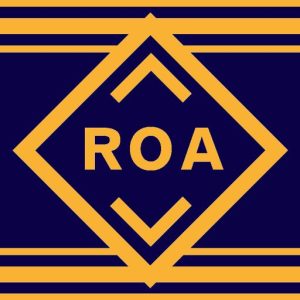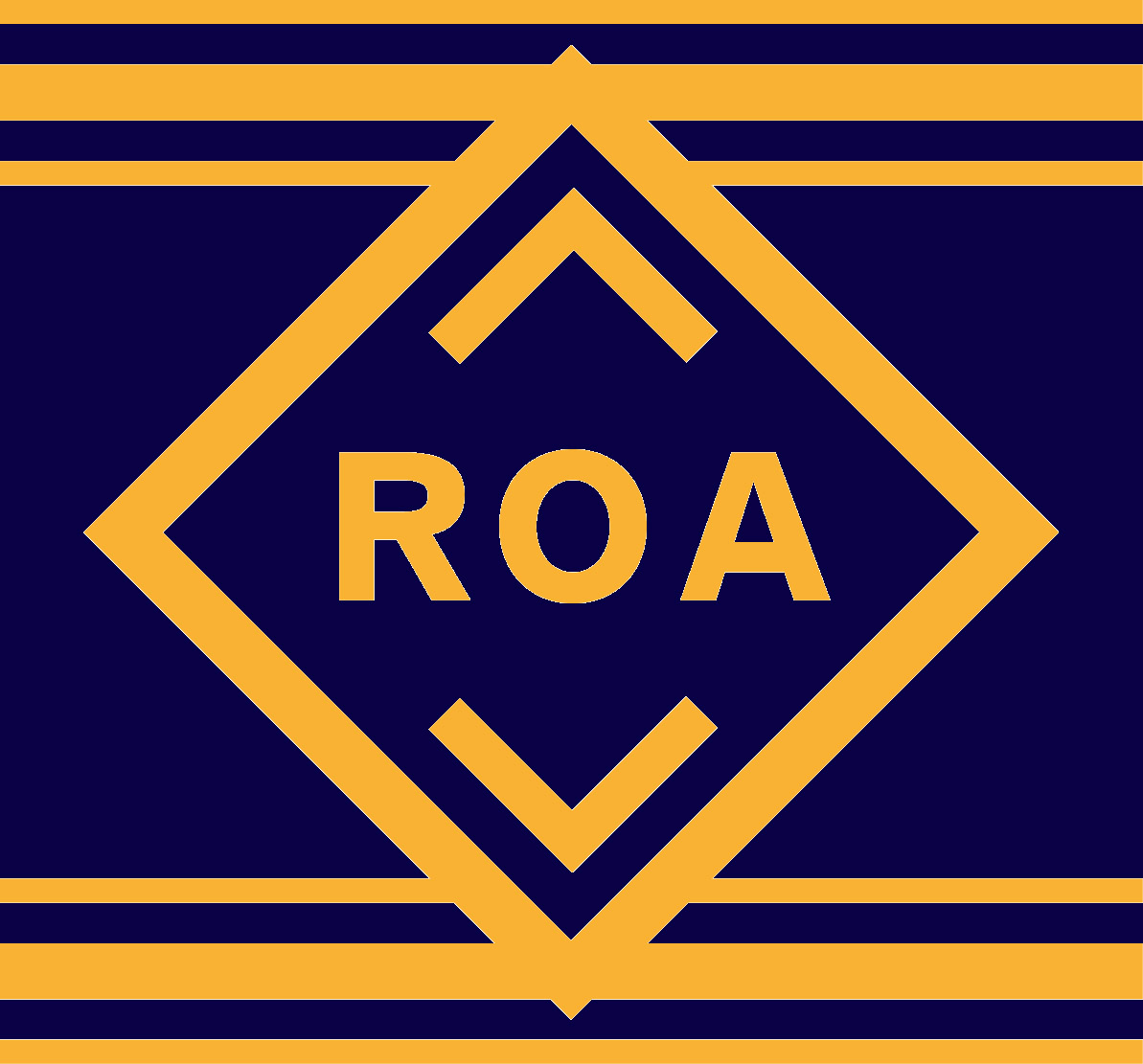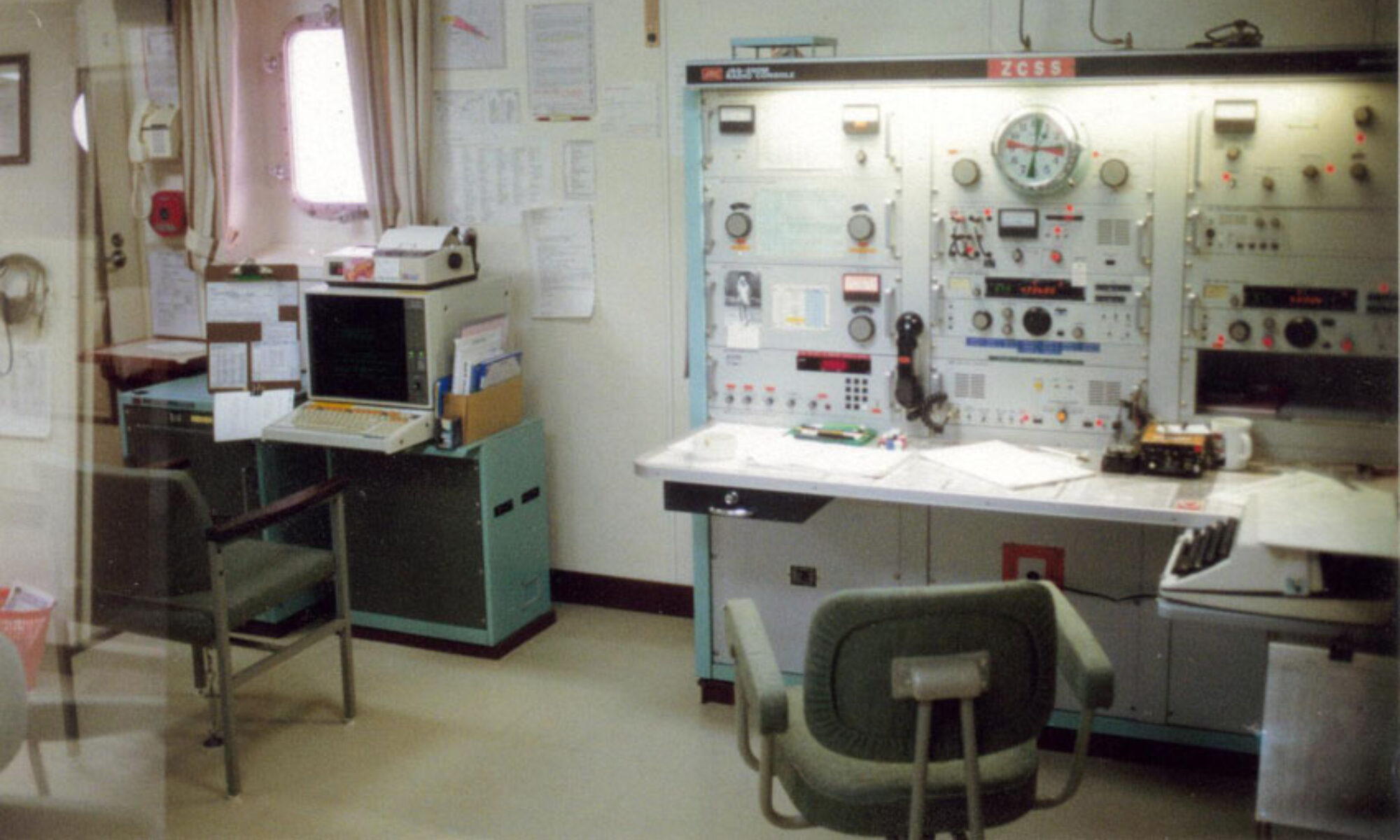
Play the sound clip below for the accompanying audio to our welcome video. Regrettably, restrictions on automatic playback of video with audio in web browsers prevent us having both.
The Radio Officers’ Association (ROA) was formed in 1995 as a membership organisation with two principal aims:

- to seek out, honour and preserve the distinguished history of marine radio
- to provide former radio officers with the means to share their experiences.
Membership of the ROA is open to those who have served as radio officers in a merchant navy, coast radio stations and civil aviation and is not restricted to UK nationals. We have many members who have served in other non-UK branches of radio communications. Membership can be granted to those who have made a contribution to the industry in other ways. For the avoidance of doubt this statement also means that we welcome membership applications from, for example, radio amateurs and/or persons who have an interest in radio communications.
Radio Officers
The commercial exploitation of wireless at sea about 1900 revolutionised ship-shore communications and much improved safety of life at sea. From then until the end of the twentieth century ship-shore communication in the merchant fleets of the world was in the hands of specialist Radio Officers. Over time the industry turned to the Radio Officer for the maintenance of navigation aids and engine room electronics as well as the management of the communications systems.
By the turn of that century the rank of Radio Officer had passed into history as technological developments removed the need for high specialisation. Some left the sea, but many moved easily into the new rank of Electro-Technical Officer (ETO). The ETO has the important function of maintaining the complex electronics installations throughout the ship and a number of them are in membership of the Association.
Radio Officers also manned coast radio stations and had counterparts in civil aviation. They too have a worthy place in distinguished history of communications in the twentieth century.
About the ROA
The annual subscription entitles members to receive the Association’s prize-winning Journal (QSO) which is published four times a year. Its many pages contain articles from members and others and acts as a communication channel for the affairs of the Association.
The Association is managed by a Committee of Officers and Ordinary Members which reports to the membership through the Journal and at AGM. The AGM is always paired with a popular reunion and dinner and is always great fun. Local groups are also entitled to central support.
The Association has its own radio amateur group, the Radio Officers’ Amateur Radio Society (ROARS). This is separately managed by a sub-committee and publishes its own Journal QRZ, which is sent out with QSO to all members.

















That film was made in 1966 and the Marconi Marine Radio Officer was Bernie Kelly. Bernie had just left the sea to take a shore technician position at Marconi’s East Ham depot in London. After finishing making the film, Bernie joined other newly-appointed technicians on a 3-month comprehensive marine electronics course. The course content was agreed between Marconi and Plymouth Technical College with the objective of enhancing the technical knowledge gained from PMG1/PMG2 certificate syllabus and providing the technician with skills needed to install, maintain and repair the wide range of electronic equipment being adopted by ships at that time. In addition to the radiocommunications equipment knowledge demanded by the PMG, training was provided on echo Sounders, gyrocompasses, data loggers, data transmission, teleprinters, CCTV systems, broadcast TV receivers and several other subjects which, almost 60 years later, escape my memory.
Also on that first course, in addition to Bernie Kelly of East Ham depot were Julian Dunn of the Liverpool depot, Mike McNeil of Milford Haven depot, Eric Tarling of the Aberdeen depot, Hugh (–?–) of Leith depot and Norman Watchorn and Ron Stringer, both of Newcastle depot. An intensive, interesting and most enjoyable experience.